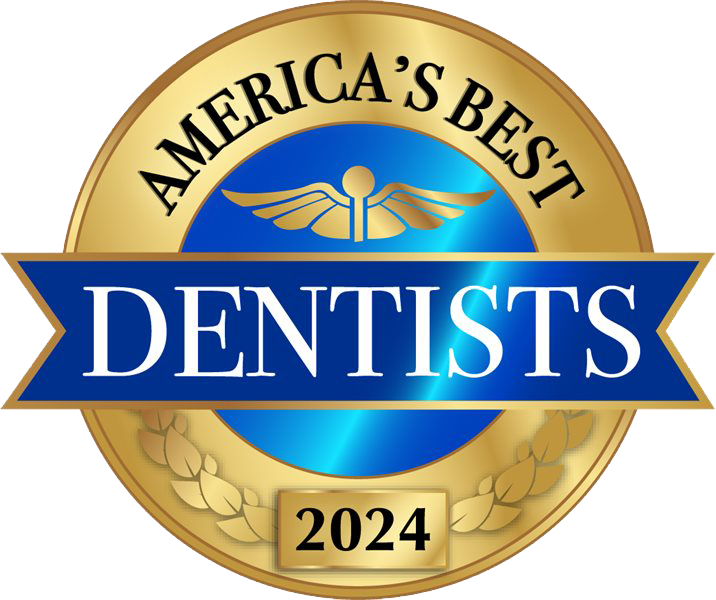Blog Layout
Get Healthy Gums at Home
Cherrywood Dental • Jul 11, 2016
Gums are important – there’s no doubt about it. Without these tissues supporting your teeth, you wouldn’t be able to smile, speak, or chew. But we don’t always give our gums the care that they deserve. The more research uncovers the possibility of a periodontal-systemic health connection, the more crucial adequate care for your gums becomes. But do you know where to get started?
Fortunately, what’s good for your teeth is typically good for your gums. Read on for some soft tissue-oriented tips, and make sure to pay attention to watch out for signs of gingivitis. The sooner you react, the easier it will be to keep your smile healthy.
Simple Care for Healthy Gums
- Pick up flossing – If you tend to have swollen or irritated gums, starting to floss is a great first step. While it might seem like an unnecessary annoyance, flossing is excellent for your gums. It accesses areas against the gum line that a toothbrush can’t clean easily, and also helps strengthen your gums to prevent future inflammation or infection. If you’re uncomfortable starting a flossing routine, know that the bleeding and tenderness you may feel at the outset are only temporary – they’ll fade as your gums get used to flossing.
- Improve your oral hygiene – We can all stand to have a little refresher on brushing now and then. If you’re discovering cavities at exams on the regular, kick up your plaque prevention and you’ll see positive results.
- Get a well-rounded diet – Try to avoid starchy, sugary foods and prioritize fresh fruit and vegetables. Eat plenty of lean protein and drink water throughout the day (or at least rinse with it after soda or other sweet beverages).
- Schedule exams every 6 months – This is the average rate at which adults should receive dental exams – some should actually visit the office more often. While adhering to these home habits will help you end up with disease-free gums, we’ll need to monitor your mouth to look for signs of problems. Many of the early signs of gingivitis are difficult to notice on your own.
- Learn whether you’d benefit from a mouth guard – Chronic teeth grinding is a widespread problem, but not one that you have to ignore. Getting a custom mouth guard will help you protect your enamel and reduce grinding. Long-term bruxism can lead to both worn enamel and receding gums, damaging both hard and soft tissues in the mouth. If you tend to wake up with tooth pain, a tender jaw, and headaches, ask about a night guard at your next appointment.
© 2024
All Rights Reserved | Cherrywood Dental Associates
781-469-0771
301-973-6160
Website designed and maintained by Xpress, INC

